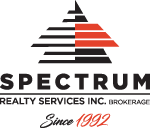How Real Estate Can Help Your Retirement
Planning for retirement is a daunting task, which only gets more complicated as you get older and closer to retirement age. Depending on the state of the economy and your financial situation, betting on your financial security 20 or 30 years into the future can also pose a number of risks.
However, much of this risk is mitigated if you are a homeowner or you are close to paying off your mortgage and owning your home. The equity you earn throughout years of making mortgage payments can be invaluable when it comes time to retire. For many people, the idea of retirement raises difficult questions: When can I afford to retire? Will I have to downsize? How can I guarantee financial security without compromising my children’s inheritance?
Fortunately, for those who own their home — or those who have paid off most of their mortgage — there is a world of possibility for you to plan your retirement with confidence. In fact, you can even leverage your home equity to retire in comfort with the financial security you need to ensure you are happy and content through the next chapter of your life.
What is real estate retirement?
Real estate retirement is a term that refers to those who are able to retire and live off the earnings from their real estate investments or home equity. In this way, with a few lifestyle changes, you can effectively retire and continue to live in your own home, or you can downsize and opt for a residence that is more affordable and manageable. Here is a breakdown of how to leverage your home equity to maximize your financial security through retirement:
1. Tap the equity in your home
If your mortgage is paid off or almost paid off, you have a great deal of equity tied to your home. In this case, you could tap into this equity by selling your home and downsizing to a more affordable residence. You can pocket the difference in price and use that money to fund your retirement, all without a mortgage payment, assuming you buy the new house outright. You can also use this profit to pay down other debts, giving you the financial freedom to enjoy your retirement all while paying little more than your monthly living expenses.
For homeowners who own large homes and properties — houses that are too big to maintain through retirement and that you do not want to pass down to your children as an inheritance — tapping the equity in your home and downsizing may offer the most financial freedom for your retirement years.
2. REITs
Real estate investment trusts (REITs) are securities that trade on the stock exchange. These trusts can include both residential and commercial properties, as well as mortgage-backed securities. These securities are quite similar to mutual funds, except they focus on property ownership instead of stocks and bonds.
If you have some money that you’re looking to invest for your retirement, REITs often pay off significant returns for their shareholders. This can be in the form of monthly dividends, and the high-yield returns make it an attractive investment for those looking to diversify their portfolio. These properties make money through monthly rent or sale, and that money is passed back to shareholders.
As a shareholder, you are invested in a portfolio of properties rather than just one property, which is what happens when you buy an individual house or property. Essentially, instead of tying all of your dollars to one property and hoping for a profit, you can mitigate your risk by owning a piece of a wide range of properties.
3. Direct ownership
Although REITs do have their advantages for those looking to mitigate the risk of their investments, direct ownership can produce much higher profits when operated properly. Instead of investing in a portfolio of properties, you can buy one property and use it as an income source.
For example, if you buy a three-storey townhouse, you can rent out the extra space as multiple apartments and collect monthly income from the tenants. If they pay on time, stick around for their entire lease, and do not damage the property, the returns can be quite lucrative.
This kind of investment is often referred to as “putting all of your eggs in one basket.” If a tenant causes damage to the home or the property or if they skip out on their rent, you are responsible for absorbing that loss. With responsible tenants, this can be a worthwhile investment that completely funds your retirement. However, there is more risk to this form of investment, so it is up to you to identify your financial goals and your optimal level of risk compared to the expected return.
4. Leverage equity for real estate investments
If you are comfortable with taking on more financial risk, you could even leverage the equity in your home or business to make more real estate investments. As you likely own most of your home, you can refinance it. This allows you to take the equity you’ve built up in your home and get a second mortgage — often at a reasonable interest rate — allowing you to purchase another property with your equity. This property can be rented out, allowing you to pay your new mortgage payment and live off the profit.
For those who prefer to be hands-off and who can afford to hire additional help, bringing in a property manager can take the burden away from you. Assuming you have responsible tenants and a good property manager, the returns can be quite lucrative.
To learn more about using real estate to fund your retirement, call Spectrum Realty at 416-736-6500 or visit our website here.


